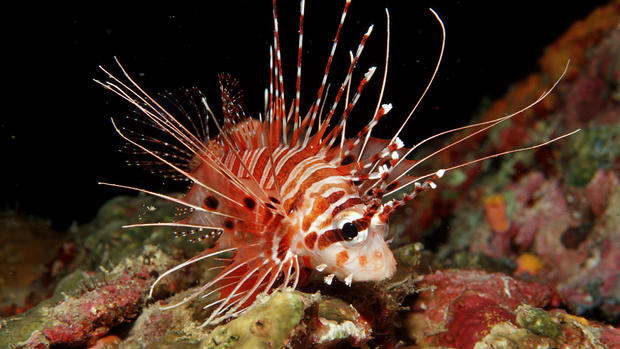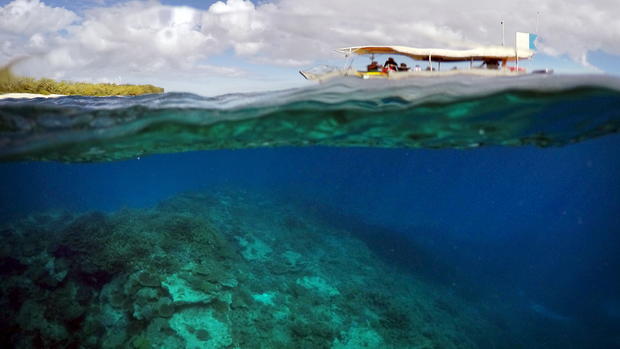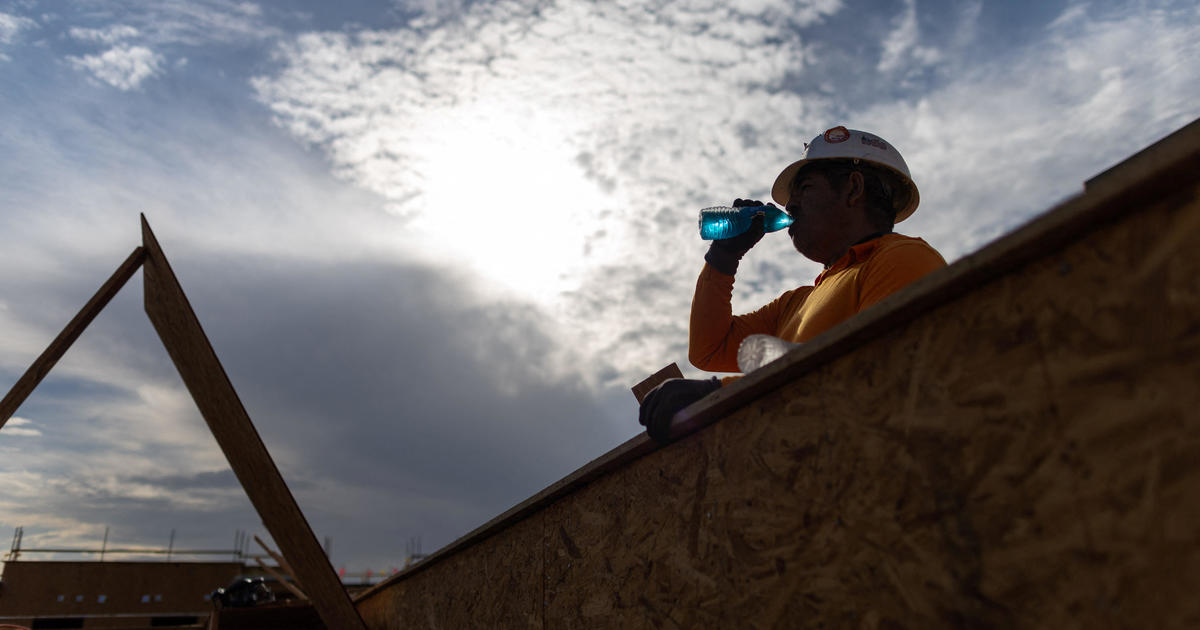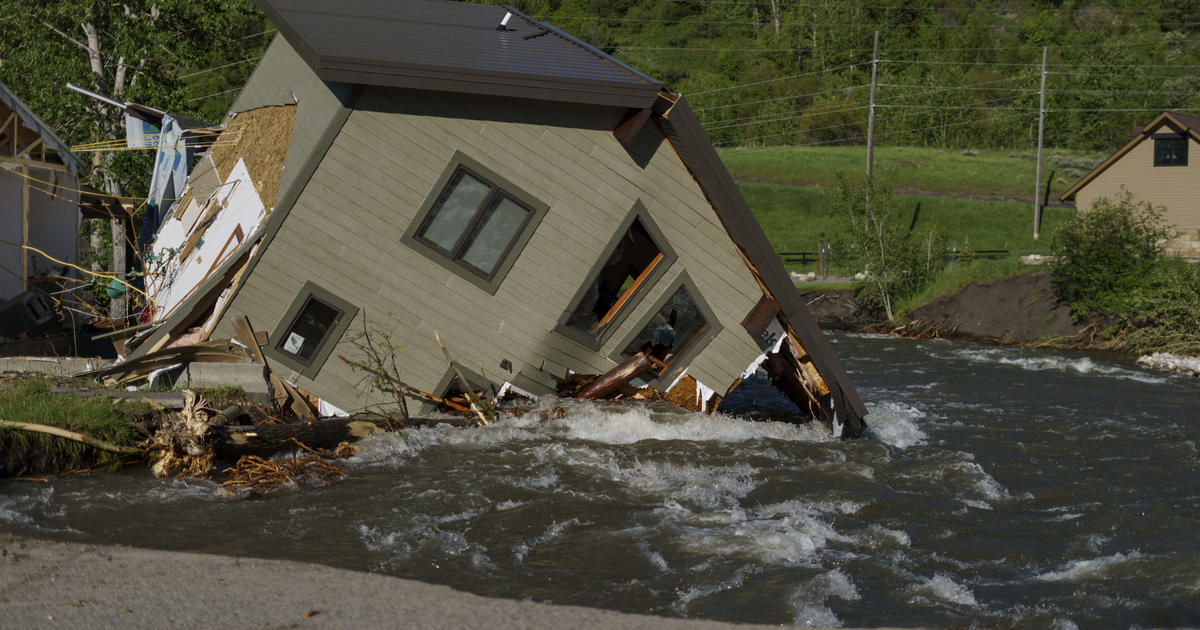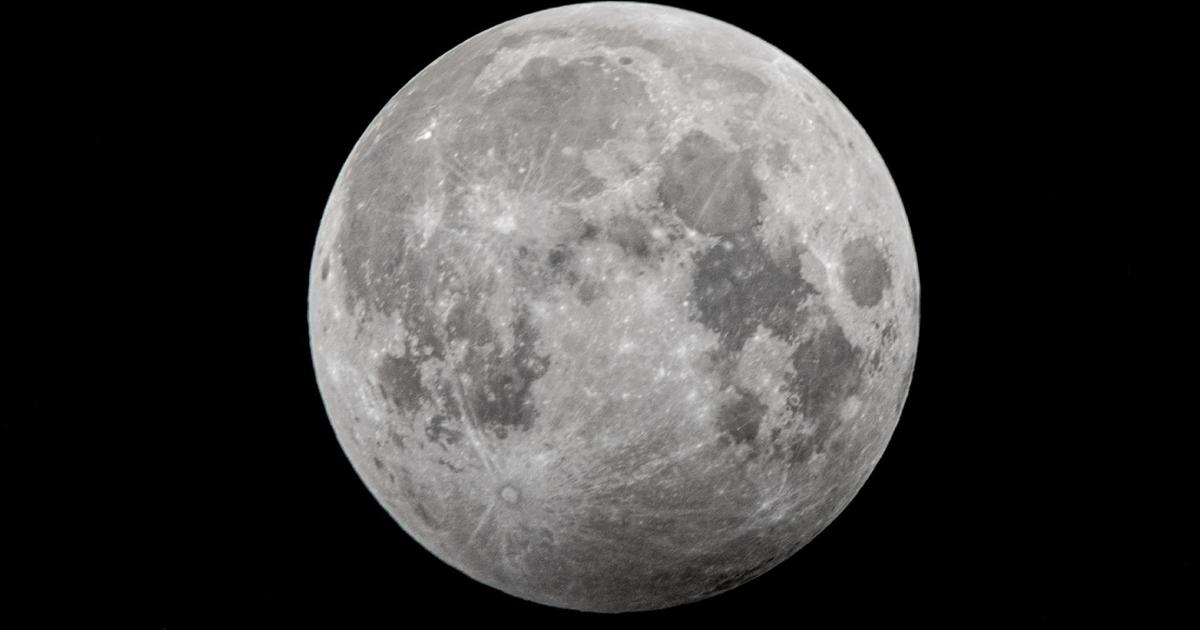Great Barrier Reef suffers mass coral bleaching due to heat stress
The Great Barrier Reef is experiencing another "mass bleaching event," according to the Great Barrier Reef Marine Park Authority. The government agency said that the widespread bleaching was caused by the high temperatures during Australia's record hot summer.
"Australia's lead management agency for the Great Barrier Reef can confirm mass bleaching is occurring on the Great Barrier Reef, with very widespread bleaching detected," the park authority said in a press release Thursday.
Dr. David Wachenfeld, chief scientist at the park authority, said in his weekly reef health update on Thursday that the unique ecosystem, located off Australia's north eastern coast, is now experiencing its third mass coral bleaching event in just five years.
Some reefs had no bleaching whatsoever, while others had "very severe bleaching with 80% or more of the corals observed being bleached," Wachenfeld said.
According to the park authority, "heat accumulation, particularly through February, led to bleaching which is now being observed through aerial surveys."
Since March 16, a team of scientists have flown above 344,000 square kilometers — over 130,000 square miles — surveying more than 800 individual reefs, in order to measure the extent and severity of coral bleaching. According to their observations, the worst bleaching was seen on reefs that "suffered the highest heat stress this summer," which accounted for "large areas of the Reef."
Professor Terry Hughes, director of the Australian Research Council's Centre of Excellence for Coral Reef Studies at James Cook University, posted highlights of the team's findings on Twitter. Hughes called the bleaching they saw "unprecedented" and "extreme."
Bleached corals are not dead; however, if bleaching is severe and prolonged enough, many of the corals will die, according to the ARC. If coral dies, it can take at least a decade to replace it.
Bleaching occurs when reefs are exposed to stressors, such as warming ocean waters. According to the ARC Centre, climate change is the "single greatest challenge to the Reef."
"The greatest threat facing reefs today is without doubt climate change," Hughes told the ARC in February. "And this is not a risk that might affect them in future, but something that is harming them right now."
Since the 1980s, when mass coral bleaching was first discovered, bleaching events have occurred repeatedly as global temperatures continue rise. The Great Barrier Reef has suffered four bleaching events over the past 22 years — two of which occurred back-to-back, in 2016 and 2017.
According to Wachenfeld, many of the same reefs that experienced unmatched bleaching in 2016 and 2017 are also experiencing bleaching now. Many of these reefs are located near the coastline, he said. Additionally, some reefs that did not experience bleaching in 2016 and 2017 are now showing moderate or severe bleaching, meaning that they are experiencing bleaching for the first time in recent years.
"It's really important to note that some of the key tourism areas, particularly in the northern and central Great Barrier Reef, have only shown moderate bleaching," Wachenfeld said. At that level of bleaching, scientists are hopeful that most of the coral on those reefs will recover.
"Coral reefs are not just beautiful places where wealthy people can enjoy a holiday," Hughes said. "We should not forget that 400 million people depend on them for their livelihoods and their food security."
In a 2019 Nature paper, Hughes showed that the successive bleaching events caused by climate change led to a 89% drop in coral larvae births on the Great Barrier Reef, when compared to the historical average.
Hughes wrote on Twitter Thursday that, to him, witnessing the widespread bleaching was akin to "an art lover wandering through the Louvre....as it burns to the ground."
Hughes said it is not too late to save the Great Barrier Reef. Along with global efforts to reduce emissions, enhancing reef resilience is also critical.
In 2018, the Australian Government committed $1.9 billion — $1.4 billion U.S. dollars — as part of the Reef 2050 Plan to protect the Great Barrier Reef. According to the park authority, the money has gone towards putting more rangers on the water, enhancing water quality programs, as well as marine science and state-of-the-art monitoring of reef environments.
"The window of opportunity to save reefs remains open, but it is closing rapidly," Hughes said. "So we have to act now to reduce pollutant emissions and stop wasting time."
